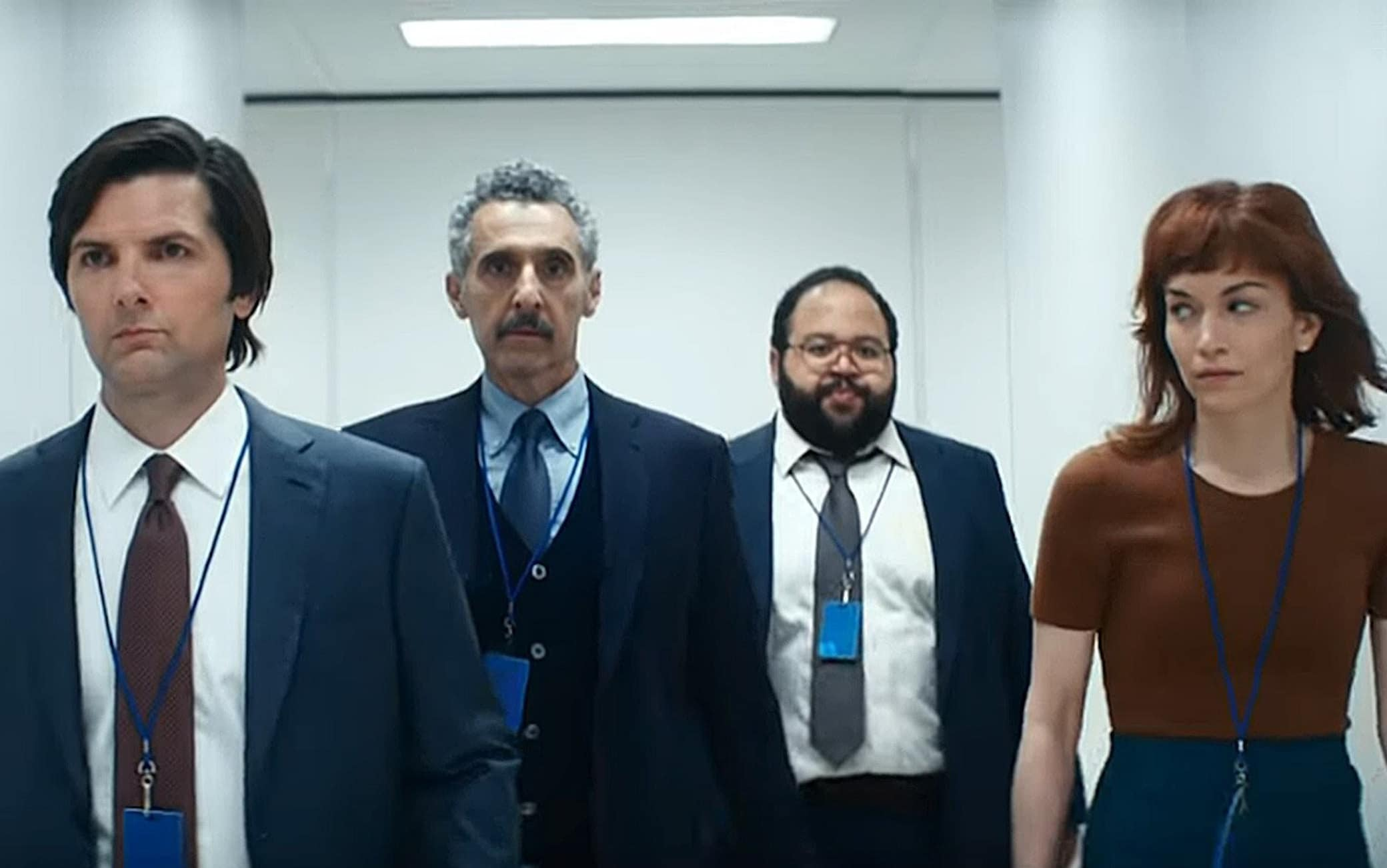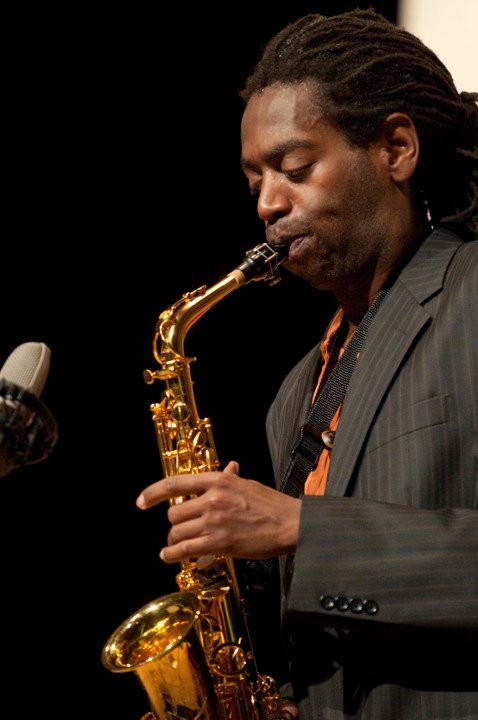
Severance TV Show: A Deep Dive into Its Cultural Impact
The Apple TV+ show “Severance” has captivated audiences since its debut, but the intricate nature of its narrative truly shines in the recent season finale. This unique series follows office workers who have opted for a radical procedure that severs their work and personal lives, creating a dissonance within their identities. With themes of work-life balance in TV, the story evokes the universal struggle of reconciling our dual personas: the dutiful employee and the authentic self. Nicky Weinstock, one of the key producers, highlights how “Severance” taps into real-life mysteries that resonate in today’s chaotic landscape. As viewers eagerly await the twists of Season 3, the show continues to challenge our perceptions of identity and existence.
“Severance“ presents a compelling examination of how we navigate our professional and personal spheres, showcasing a world where employees undergo a radical choice to segment their consciousness. This Apple TV+ original not only provides an exciting narrative, but also delves into philosophical questions about self-perception and the nature of autonomy. The sensational storyline speaks to the modern debate over the challenges of achieving a harmonious work-life balance, mirroring the complexities faced by many today. Co-produced by Nicky Weinstock, this innovative show invites viewers to explore their own experiences of duality, reflecting the increasingly fragmented realities of contemporary living. As anticipation builds for the future of this groundbreaking series, audiences remain engaged with the existential dilemmas portrayed onscreen.
The Enigmatic Concept of Severance
The Apple TV+ show “Severance” delves deep into the psychological and philosophical implications of splitting one’s identity into distinct personas. As our society increasingly grapples with the complexities of work-life balance, the show resonates deeply with viewers who feel fragmented between their professional and personal lives. The term “severance” not only refers to the literal separation of duties within the office environment but also metaphorically references the duality many experience in today’s fast-paced, demanding world. By employing a daring narrative style, the series invites audiences to reflect on their own divisions and the societal constructs that encourage this split.
Nicky Weinstock, one of the show’s co-producers, emphasizes that the project was rooted in originality, presenting a fresh perspective that had not been explored on television before. The uniqueness of its storyline resonates with the growing awareness of mental health, self-identity, and the ever-present conflict between personal ambitions and workplace expectations. Notably, as viewers have experienced a shift in their professional environments during the COVID-19 pandemic, the show’s eerie reflection of a disjointed reality has only heightened its relevance.
Reflection of Modern Work Culture in ‘Severance’
In a world dominated by hustle culture, ‘Severance’ boldly critiques the narrative of constant productivity that many face daily. With characters living in a bifurcated state, the show draws attention to the sometimes-perceived necessity of detaching from one’s emotions and personal life in order to thrive in a corporate setting. This depiction of extreme work-life separation raises questions about the sacrifices people make for career advancement, inviting dialogue about the importance of holistic well-being. As viewers witness the trials of characters navigating this fabricated reality, they are encouraged to question their own experiences of compartmentalization.
As the second season progresses, the show further elaborates on the consequences of such mandatory divisions, paralleling the real-life struggles of maintaining balance in today’s work environments. The references to workplace drama combined with psychological elements present a satire aimed at contemporary corporate culture. This modern commentary resonates well with young professionals and seasoned workers alike, emphasizing not only the absurdities found in office settings but also the toll it can take on individuals’ mental health. In doing so, ‘Severance’ emerges as an essential discussion piece regarding current work culture and the dire need for a more compassionate approach to work-life balance.
Another theme central to “Severance” is the exploration of identity, particularly how work defines and often confines individuals. The stark contrast between the ‘innie’ and ‘outie’ personas leads viewers to ponder their own identities: how much of one’s self is determined by external influences such as job roles, societal expectations, and even familial pressures? This dynamic mirrors the experiences of many in today’s workforce, where the line between professional and personal identities often blurs. By portraying characters who grapple with their sense of self, ‘Severance’ cultivates a generative discourse about authenticity and personal agency.
Moreover, the second season of ‘Severance’ brings to light the expanded implications of these identity shifts, as characters confront increasingly complex moral dilemmas. This evolution serves as a stark reminder of the ongoing challenges individuals face in reconciling their various selves, especially in a post-pandemic world where the expectations of professional life have dramatically shifted. As the show progresses into new terrain, it urges viewers to reflect on their journeys toward self-discovery and the inherent contradictions that come from being part of a workforce that often prioritizes productivity over personal fulfillment.
The Cultural Impact of Severance and Its Anticipated Future
‘Severance’ has quickly grown into a cultural touchstone since its debut, as it articulates prevalent anxieties surrounding identity and autonomy that many viewers can relate to in this unpredictable world. With the conclusion of its second season leaving audiences at the edge of their seats, discussions proliferate about what lies ahead in the final season. The cliffhanger ending not only enhances the series’ suspense but also serves as a reflection of the real uncertainty surrounding individual futures in a rapidly evolving global landscape. As fans eagerly await the third season, they contribute actively to the conversations about its sociocultural implications, placing the series firmly at the intersection of entertainment and social commentary.
Nicky Weinstock’s insights into the show’s expansion beyond the initial season reveal a commitment to not just entertain but also provoke critical thought about contemporary life. The narrative’s shift from a claustrophobic setting to broader existential discussions underlines the aim to continue exploring themes that resonate in a world riddled with ambiguity. In this way, ‘Severance’ is set to continue its trajectory as a significant platform that raises pivotal questions about the future of work, relationships, and the search for a unified self amidst the chaos of modern existence. As this Apple TV+ sensation prepares to launch into new thematic realms, the anticipation surrounding the series remains palpable, solidifying its place as a thought-provoking staple in modern television.
Nicky Weinstock’s Vision for Global Storytelling in the Arts
As a Harvard alumnus and the co-producer of ‘Severance’, Nicky Weinstock champions a vision that transcends conventional television narratives. His journey from studying anthropology to producing groundbreaking content illustrates the powerful combination of diverse experiences and storytelling. Weinstock’s approach to global storytelling emphasizes the importance of representing varied perspectives in media, ensuring that unique voices from around the world are heard. This commitment not only enriches the viewing experience but also acknowledges the complexity of human experiences, aligning seamlessly with the themes presented in ‘Severance’.
Moreover, Weinstock’s belief in the power of storytelling is reflected in the ambitious nature of ‘Severance’. The series was born from a script that challenged the status quo in television and fostered a creative environment conducive to innovation. By aligning with talented directors and actors, such as Ben Stiller, Weinstock has cultivated an artistic ecosystem that promotes originality and depth in storytelling. The show’s impact transcends entertainment, engaging viewers in critical reflections about identity, corporate culture, and personal autonomy—all integral components of Weinstock’s broader vision for the arts. This collaborative spirit is essential in an era where narratives must tackle the complexities of modern society, fostering a cultural dialogue that resonates across global audiences.
Anticipation for Severance Season Finale and Future Directions
As fans of ‘Severance’ look ahead to the season finale, they are on edge with anticipation. The show’s ability to weave intricate storylines while confronting real-life dilemmas creates a unique viewing experience that resonates with audiences worldwide. The exceptional storytelling, combined with the unpredictability of its characters, allows viewers to immerse themselves fully in the surreal elements while relating to the underlying themes of work-life balance and identity crisis. The anticipation surrounding the finale acts as a testament to the show’s cultural relevance and emotional impact.
Furthermore, with the second season concluding on a cliffhanger, viewers are left to speculate about the future paths of their beloved characters. The exploration of complex themes, along with the resolve to break from traditional storytelling, leaves room for innovative developments in the narrative. ‘Severance’ not only serves as entertainment but also as a vehicle for deeper reflections on personal and societal identities. As discussions around the show’s implications grow, it becomes apparent that the series has carved out a significant niche in contemporary television, effectively translating existential questions into compelling entertainment.
Frequently Asked Questions
What is the premise of the Severance TV show on Apple TV+?
The Severance TV show on Apple TV+ explores the lives of office workers who undergo a procedure that separates their consciousness into two distinct selves: the ‘innie’, who exists only at work, and the ‘outie’, who exists outside the office. This unique concept highlights themes of work-life balance, identity, and the struggle of leading dual lives.
How does Severance relate to work-life balance in TV shows?
Severance deeply explores the concept of work-life balance in TV shows by depicting how individuals navigate the stark contrast between their professional and personal lives. The show raises questions about identity and self-perception, making it a thought-provoking commentary on modern workplace culture.
Who is Nicky Weinstock and what is his role in Severance?
Nicky Weinstock is a co-producer of the Severance TV show on Apple TV+. His involvement has been instrumental in bringing the innovative concept of the series, originally penned by Dan Erickson, to life and refining it into a series that captivates audiences.
When was the Severance season finale aired?
The Severance season finale aired in March 2025, concluding its second season and leaving fans eager for what’s to come in future seasons. The finale’s cliffhanger escalates tension and sets up intriguing possibilities for the next chapter of the story.
What can viewers expect from upcoming seasons of Severance?
Viewers can expect the upcoming seasons of Severance to explore the expansive themes of personal identity and the consequences of bifurcating one’s life. The creators have indicated that Season 3 will differ significantly in tone and direction from previous seasons, ensuring fresh narrative developments.
Why did Severance become popular among audiences?
Severance gained popularity due to its unique and willfully strange premise that resonates with universal feelings of duality in personal and professional identities. Additionally, the show’s thematic relevance, especially amid societal changes post-COVID, has contributed to its widespread acclaim.
How does the storyline of Severance reflect current societal themes?
The storyline of Severance reflects current societal themes by mirroring experiences of isolation and identity struggles exacerbated by the COVID-19 pandemic. Through its narrative, the show invites viewers to contemplate the complexities of trust and the unseen forces at play in society, resonating with contemporary concerns.
| Key Points | Details |
|---|---|
| Premise of ‘Severance’ | The show explores the concept of separating consciousness into two personas: ‘innie’ at work and ‘outie’ outside of work. |
| Producer Background | Nicky Weinstock, a Harvard alum, is a producer of the show and emphasizes global storytelling principles. |
| Reception & Popularity | The show resonates with audiences for its portrayal of struggling with dual identities, especially in the context of modern life’s complexities. |
| Growth of the Show | The second season expands the narrative, reflecting on contemporary themes of identity and societal trust. |
| Cliffhanger Ending | Season 2 concludes with a dramatic choice by an ‘innie,’ raising anticipation for the different direction of Season 3. |
Summary
The Severance TV Show delves into the complex themes of identity, balance, and the modern workplace. Its unique premise of bifurcating consciousness resonates deeply with viewers, reflecting societal struggles with personal and professional lives. As fans await the next chapter, the show’s growth presents an expansive narrative that challenges perceptions of reality and trust in the contemporary world.


